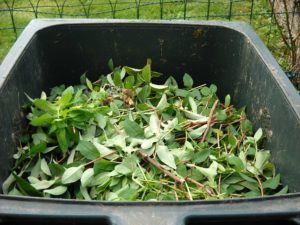Ask the Places You Shop to Buy Local
Food and agriculture accounts for approximately 22% of Duluth’s greenhouse gas emissions. To reduce those emissions, we need to develop a local and ecologically sound food system infrastructure that enables us to grow, process, and distribute the food our community residents and businesses need. Businesses and institutions can support this effort by making climate commitments, especially making the commitment to buying 20% of their food locally in the spirit of the Superior Compact.
The Superior Compact highlights how the bioregion of Duluth has the agricultural potential to supply our local communities with 100% local food and asks local retail and institutional food purchasers to commit to purchasing 20% local food. Local food defined by the Superior Compact is food that is within 100 miles of a purchasing facility.
Supporting local food can increase food security, connect residents to their local food system, and support local farmers. It also will keep dollars within the local economy and decrease the reliance on our globalized food network.
Sample Letter to Send to Local Stores
Personalize and send this letter to local places where you shop.
Dear Store Owner,
Food and agriculture accounts for approximately 22% of Duluth’s greenhouse gas emissions. To reduce those emissions, we need to develop a local and ecologically sound food system infrastructure that enables us to grow, process, and distribute the food our community residents and businesses need. I’m asking you, as one of the places I purchase food, to support this effort by making climate commitments, especially making the commitment to buying 20% of your food locally in the spirit of the Superior Compact.
The Superior Compact highlights how the bioregion of Duluth has the agricultural potential to supply our local communities with 100% local food and asks local retail and institutional food purchasers to commit to purchasing 20% local food.
Duluth consumers often must buy carrots from California or apples from Washington or as far away as New Zealand. I am writing to ask you to make a local food supply chain a priority for your store. There are many farmers in the region who would love to sell to local wholesalers and grocery store, but it can be difficult, with pricing, transportation costs, and other logistical barriers.
Supporting local food can increase food security, connect residents to their local food system, and support local farmers. It also will keep dollars within the local economy and decrease the reliance on our globalized food network.
With your large purchasing power, I urge you to be a leader in our community in breaking down those barriers by committing to your store buying local.
Sincerely,
Did you take this action? Report it!
Help us show our collective community impact by reporting that you took this action.




